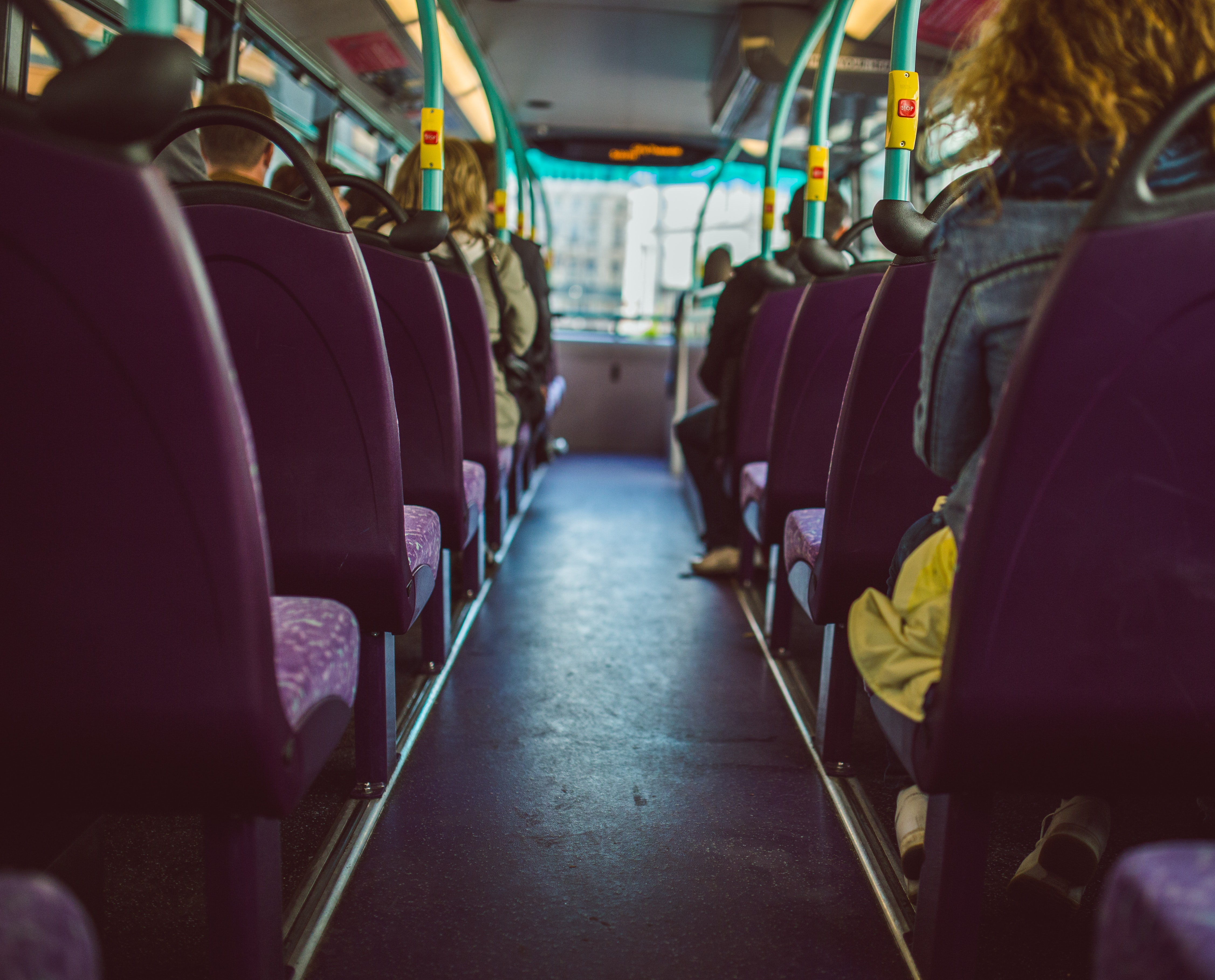Less Stress, More Savings: The Electric Bus Revolution

Traveling by public transport can be a far less stressful experience than driving yourself. Reducing stress is crucial, as stress can lead to various health complications, including headaches, fluctuating blood pressure, disrupted sleep patterns, and even a weakened immune system, making you more vulnerable to getting sick. Opting for buses instead of personal vehicles could reduce your overall stress. Switching to public transport can also save you thousands of pounds each year. Modern electric buses offer a more comfortable ride and are cheaper to use than maintaining a personal vehicle. Insurance, fuel costs, and vehicle maintenance contribute to an expensive commitment and often create financial stress. Did you know that until December 31st, 2024, bus fares for major bus routes are capped at just £2, and, with the recent announcement from the budget, £3 until the end of 2025? This makes it an even more affordable option for your daily commute. Increased bus usage also contributes to cleaner air, particularly in our cities. By reducing reliance on single occupancy vehicles, we can significantly reduce transport emissions and the number of harmful particulates entering the atmosphere. Air pollution poses serious health risks, including a higher likelihood of stroke, dementia, cancer, and respiratory and cardiovascular diseases. What’s Being Done to Boost Bus Use in the UK? The benefits of public transport are clear, and the UK government is taking steps to encourage more people to use buses. One major initiative is the electrification of the bus network, which will upgrade the network and deliver more comfort. Electrifying the Network You might be surprised to learn that the bus you regularly ride could already be electric! Electric buses are becoming increasingly common, especially in the UK’s largest urban areas Such as London. On October 8th 2024, the government announced a £500 million investment to expand the electric bus fleet, with plans to roll out an additional 1,200 zero-emission buses over the next three years. This initiative, called the Zero Emissions Bus Regional Areas (ZEBRA) program, aims to bring electric buses to cities, towns, and even some rural areas. The Advantages of Electric Buses Switching to electric buses offers numerous benefits: The Future Looks Bright As the bus network evolves with improved technology, we can expect substantial benefits for people and the environment. The transition to electric buses will present challenges, particularly in establishing the necessary charging infrastructure. However, once these hurdles are overcome, towns, cities, and villages will enjoy economic advantages and immediate environmental benefits, including reduced air and noise pollution. In conclusion, switching to public transport, especially electric buses, is a step towards a healthier, more sustainable future. So next time you consider how to get around, think about the many benefits of hopping on a bus!
‘Tis the Season to be Sustainable

For many, this holiday season is a time for celebrations, good food and get togethers, but it doesn’t have to cost the earth! (pun intended) Sustainability isn’t just about smarter travel, it’s embedded in everything we do. That’s why this month, we wanted to share some top tips for reducing your carbon footprint and making seasonal savings! Gifts Before heading out to do your seasonal shopping, why not ask people if there is anything they need? This way, they will be sure to make the most of your gift, helping to reduce waste. Wrapping presents brings us joy, but it’s important to be mindful of the materials we are using. Some paper wrapping paper has a plastic lining for strength, but that means it cannot be recycled, so always check before you buy. Avoid glitter, this is made of plastic too. Do the scrunch test: if it bounces back, it’s not recyclable. Sellotape, the UKs most popular UK brand for tape, is made of polypropylene (PP – Plastic number 5) and cannot be recycled, making any wrapping paper it is attached to non-recyclable, unless you spend your morning separating it (a messy, time consuming job). Instead, why not try paper-based alternatives, such as solvent-free glue, made from natural ingredients, or why not try wrapping with fabric that can be reused! Watch this simple fabric wrapping tutorial. Plastic ribbons and bows might be beautiful, but landfill isn’t. Why not try paper alternatives or better yet, try twine that can be reused year after year. Crackers 40 million dad jokes are thrown away every year! Look out for plastic-free crackers, available in most UK supermarkets, or better yet, try fabric crackers that can be reused and refilled with your own small gifts and inside jokes. Food The holiday season tends to be a time for indulgence, but it’s important not to waste food and only buy what you need. There is more than enough food to feed the world, but 783 million people still go hungry, so think before you buy – will you use it? Do you need it? Here are some tips to make tasty dishes with your leftovers. Travel If you’re travelling home to get together with your loved ones over the holidays, could you cut your costs and carbon by car sharing? Daily exercise is important for overall health and wellbeing, so why not try getting out for a winter walk. The Ramblers organise walks all year round, check out their website to find your local group. From all of us at Smarter Travel, we’d like to wish you a sustainable holiday season!